Your cart is currently empty!
Month: May 2021

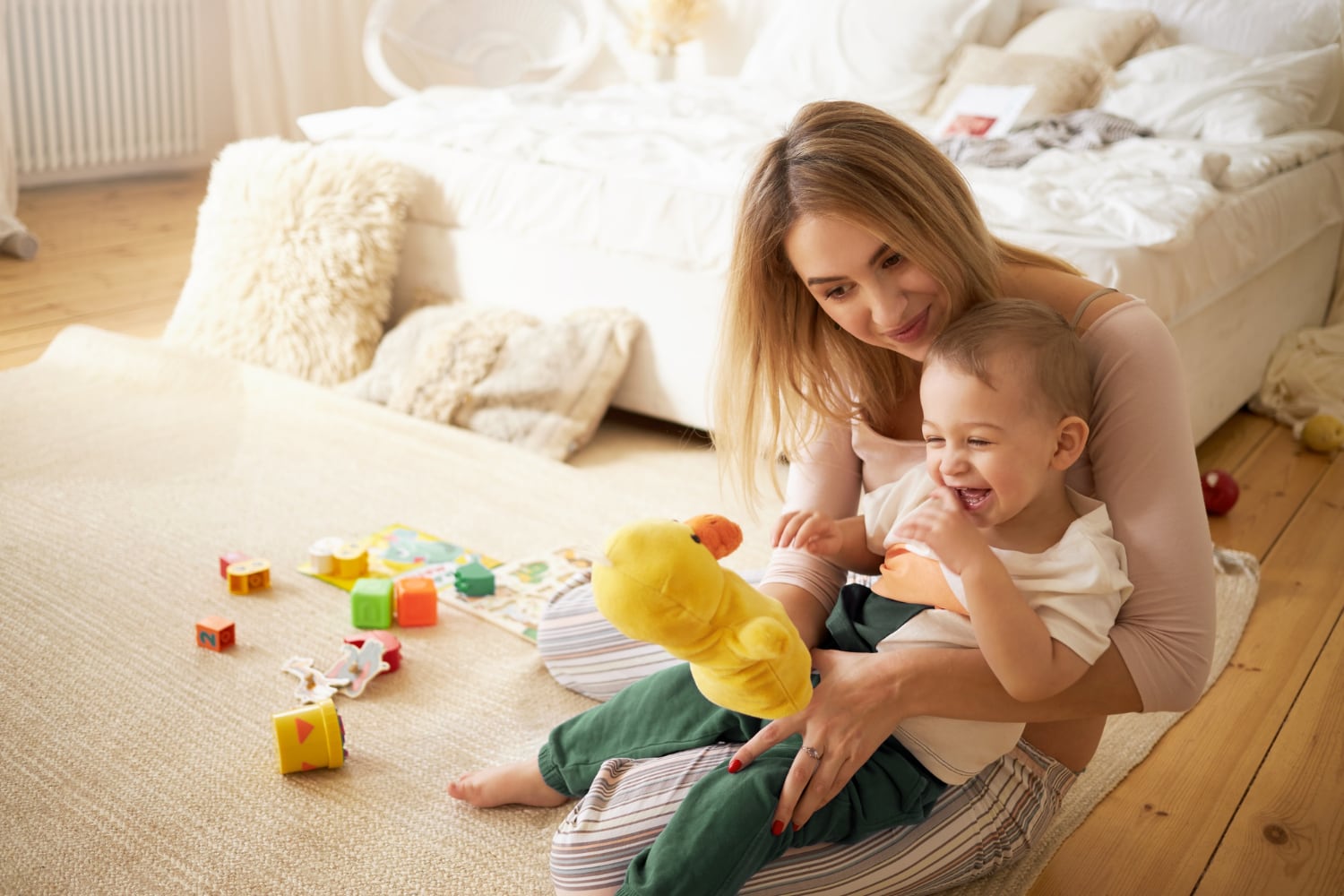
Help your child to problem-solve with ‘sustained shared thinking’
Independent play is good for children, but sometimes only the attention of an engaged adult will do.
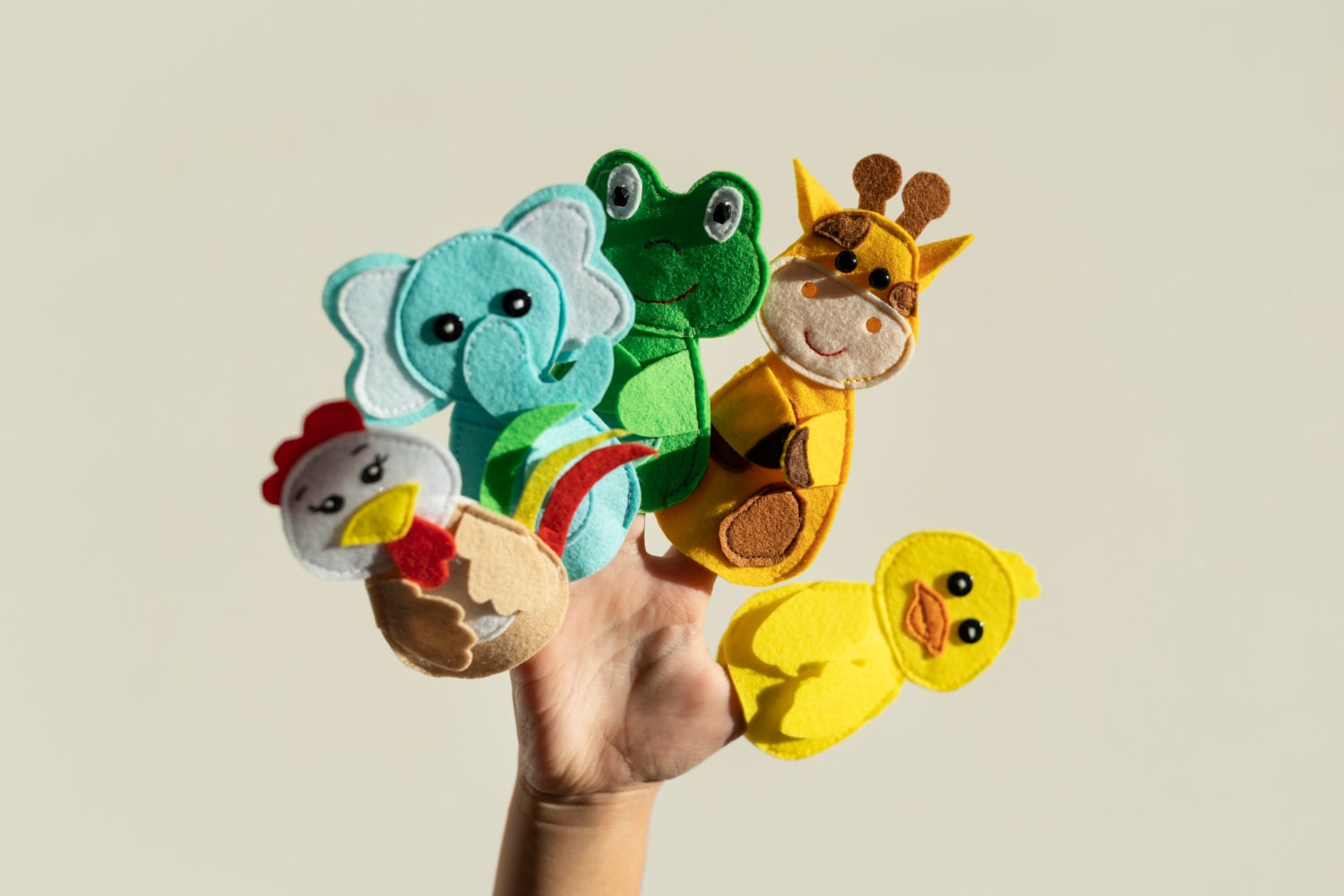
Three Goodies and a Baddie: Tell Any Story with Just a Handful of Figures
Using fewer toys in small world play encourages children to focus on creating novel situations for the characters to explore. With no new figures to add excitement, the variety comes from the imagined worlds they inhabit.
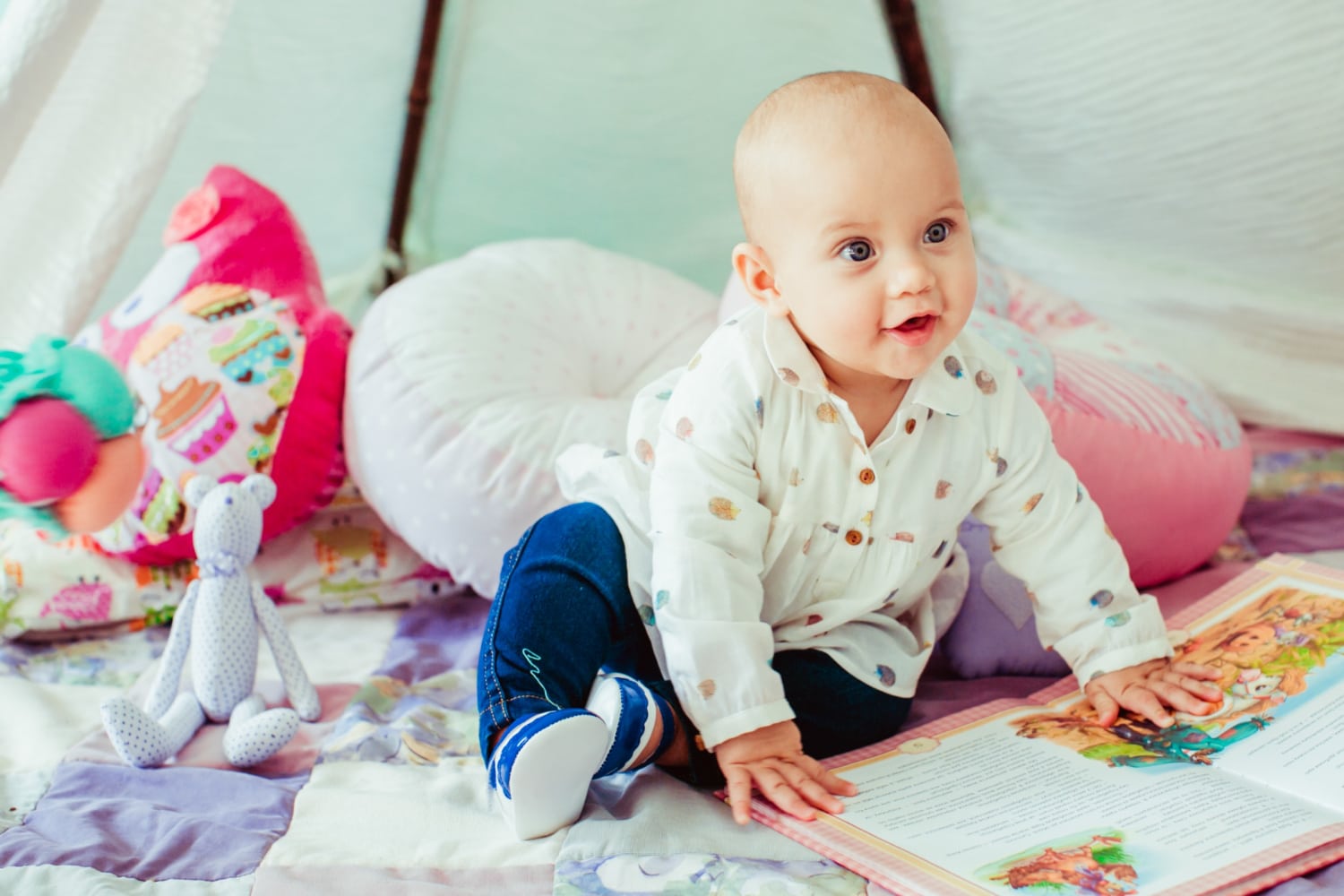
Speech and language development in babies and toddlers
How do children learn to communicate? How does language happen and is it something that can be nurtured? Early Years teacher, Emma Gouldbourn, looks at the fascinating process of our children’s language, from baby babble through to toddler talk.
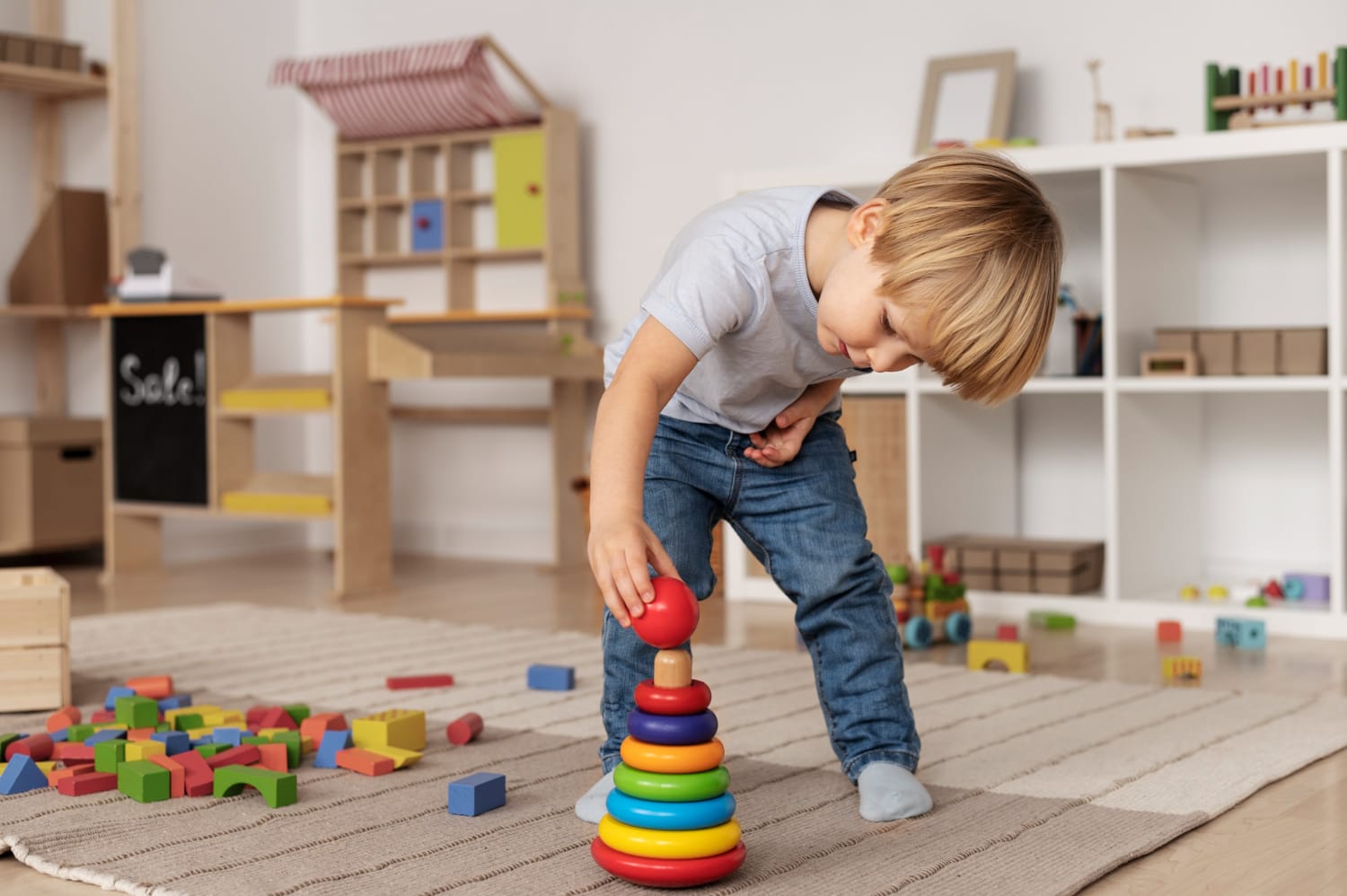
Lonely onlies? How to support an only child to play like a sibling
More than a century ago, pioneering American psychologist Granville Stanley Hall stated that being an only child was “a disease in itself”. This perception of only children being somehow disadvantaged, lonely and strange was hard to shift. Thankfully, numerous modern studies have since proven him wrong.
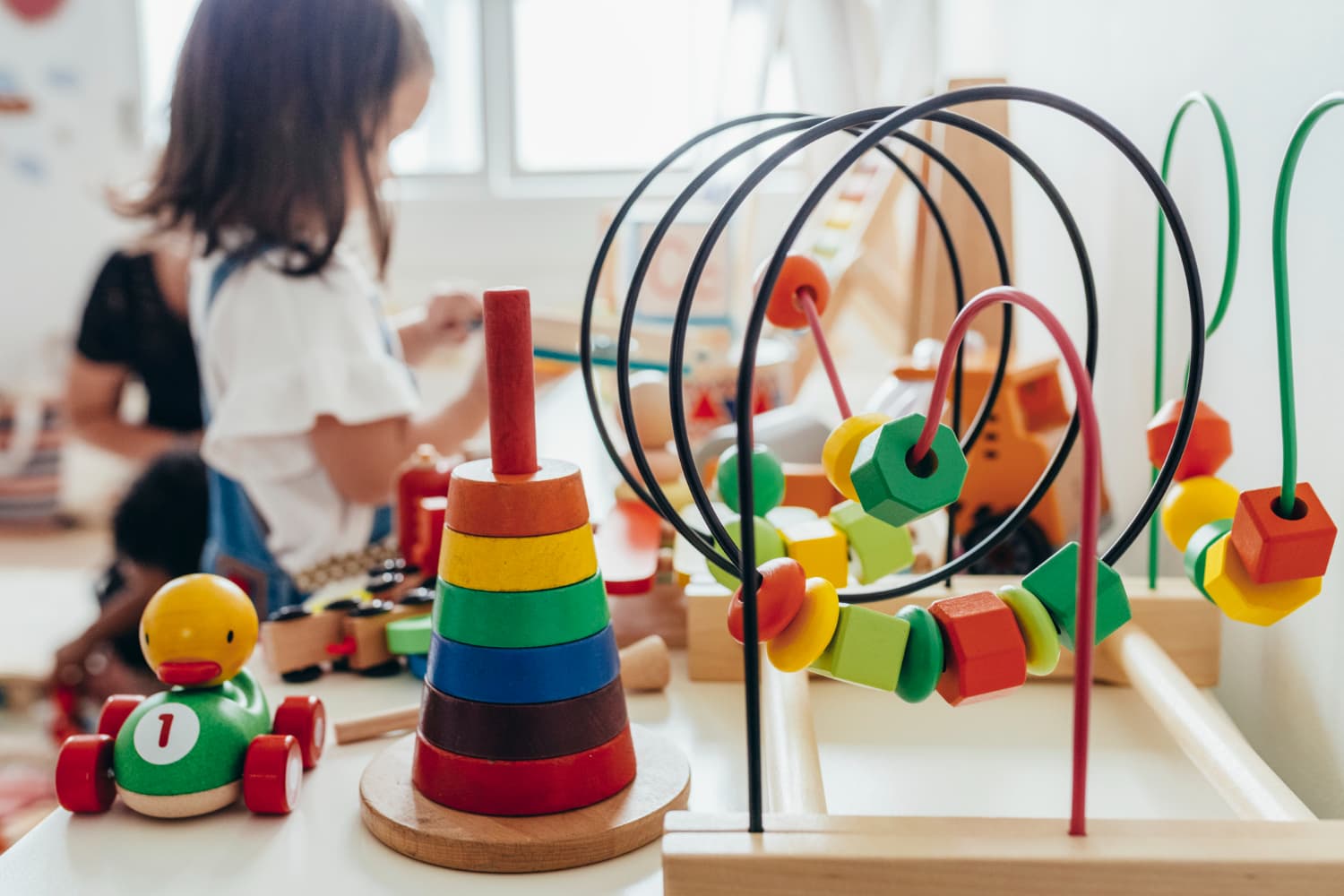
A guide to toys for the first five years: a complete list
Do you ever feel like your home is full-to-bursting with toys that you don’t want and didn’t ask for?
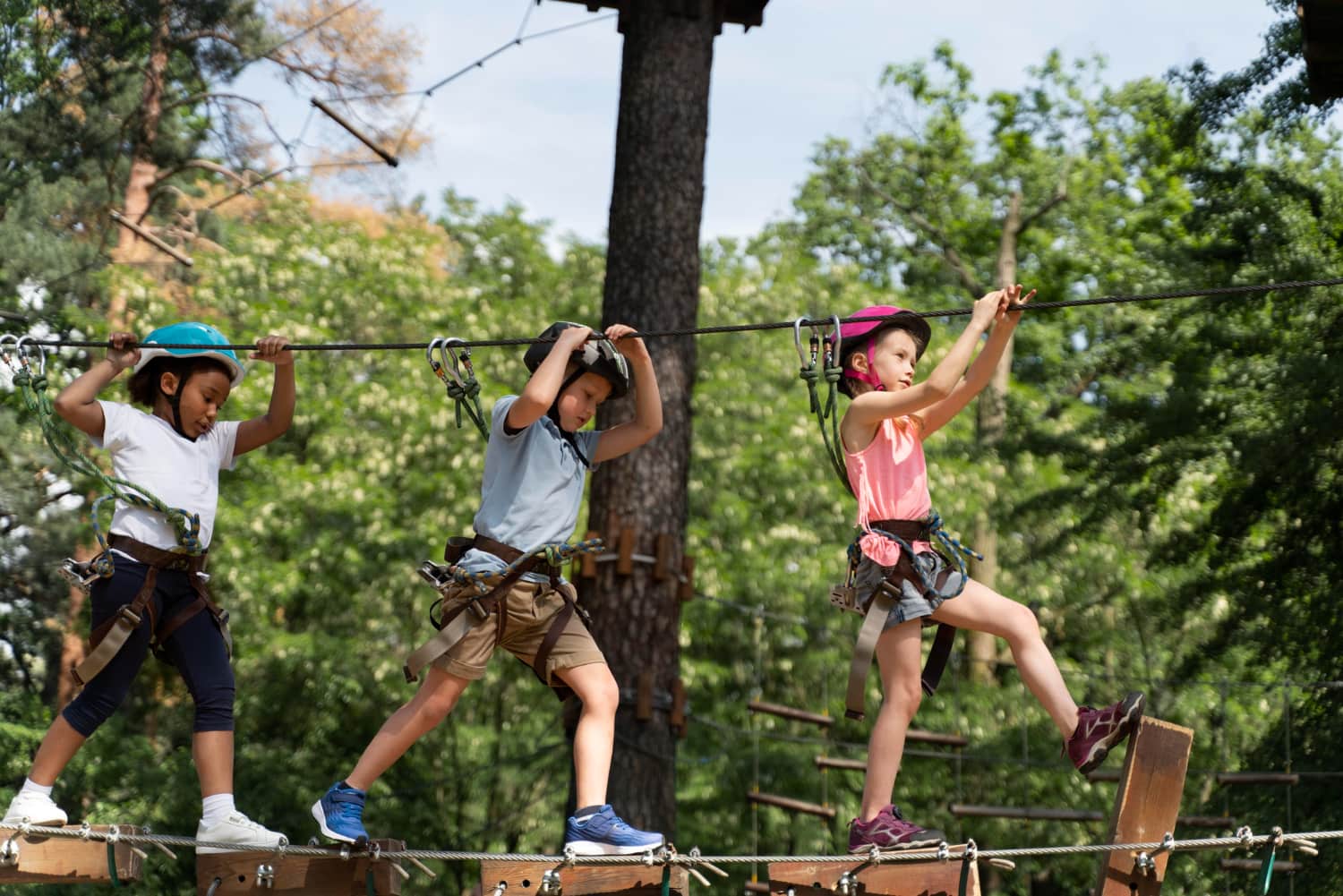
Summer Camp | Get ready for school in just a few weeks
Summer Camp is designed for preschoolers who are getting ready to start school.
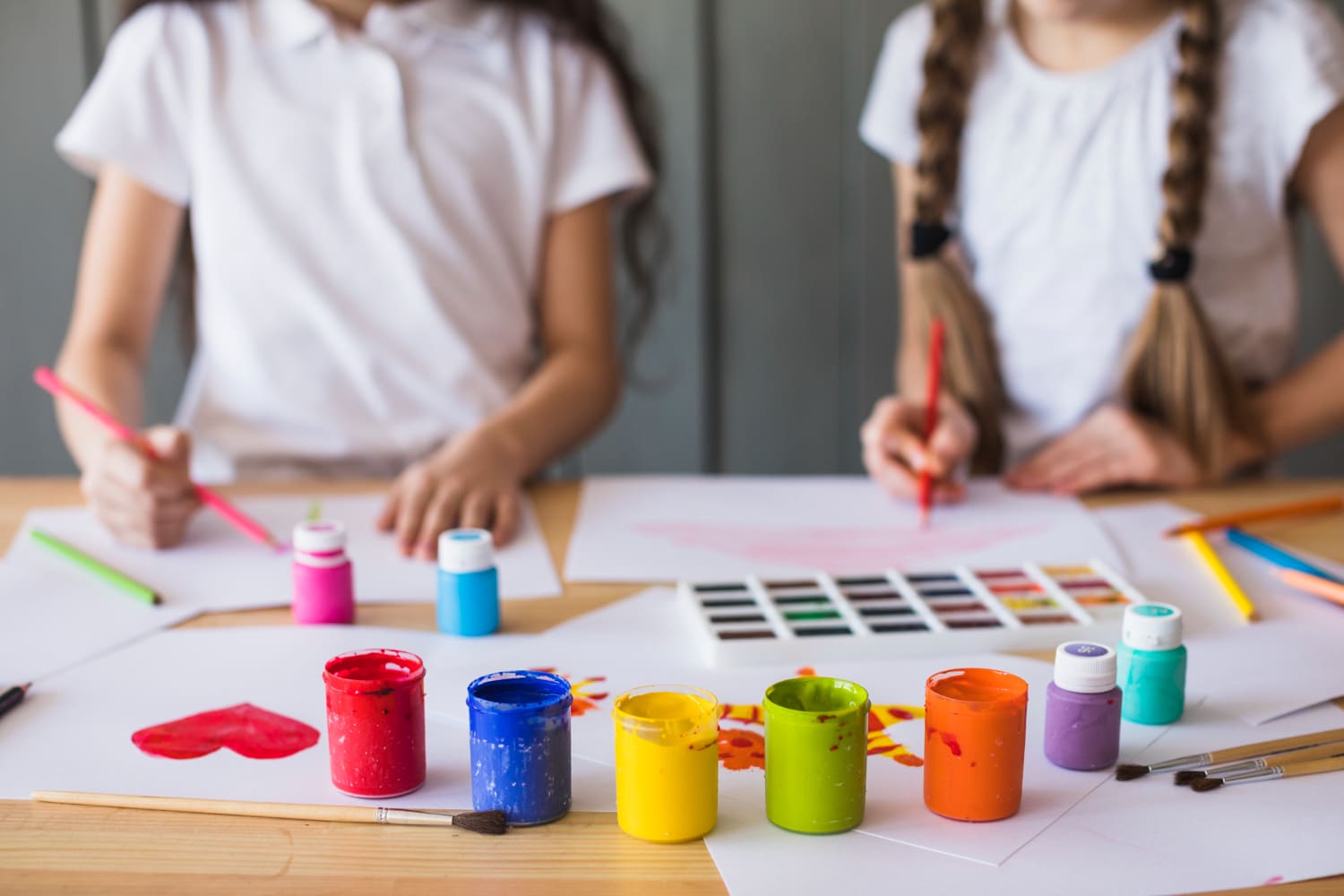
Self-efficacy: A tool to unlock your child’s potential
Have you ever said “I’m rubbish at maths”, or “I can’t draw to save my life”? These negative beliefs affect your ability to overcome challenges. As Henry Ford said, “Whether you think you can, or think you can’t – you’re right.” Psychologists call this self-efficacy.
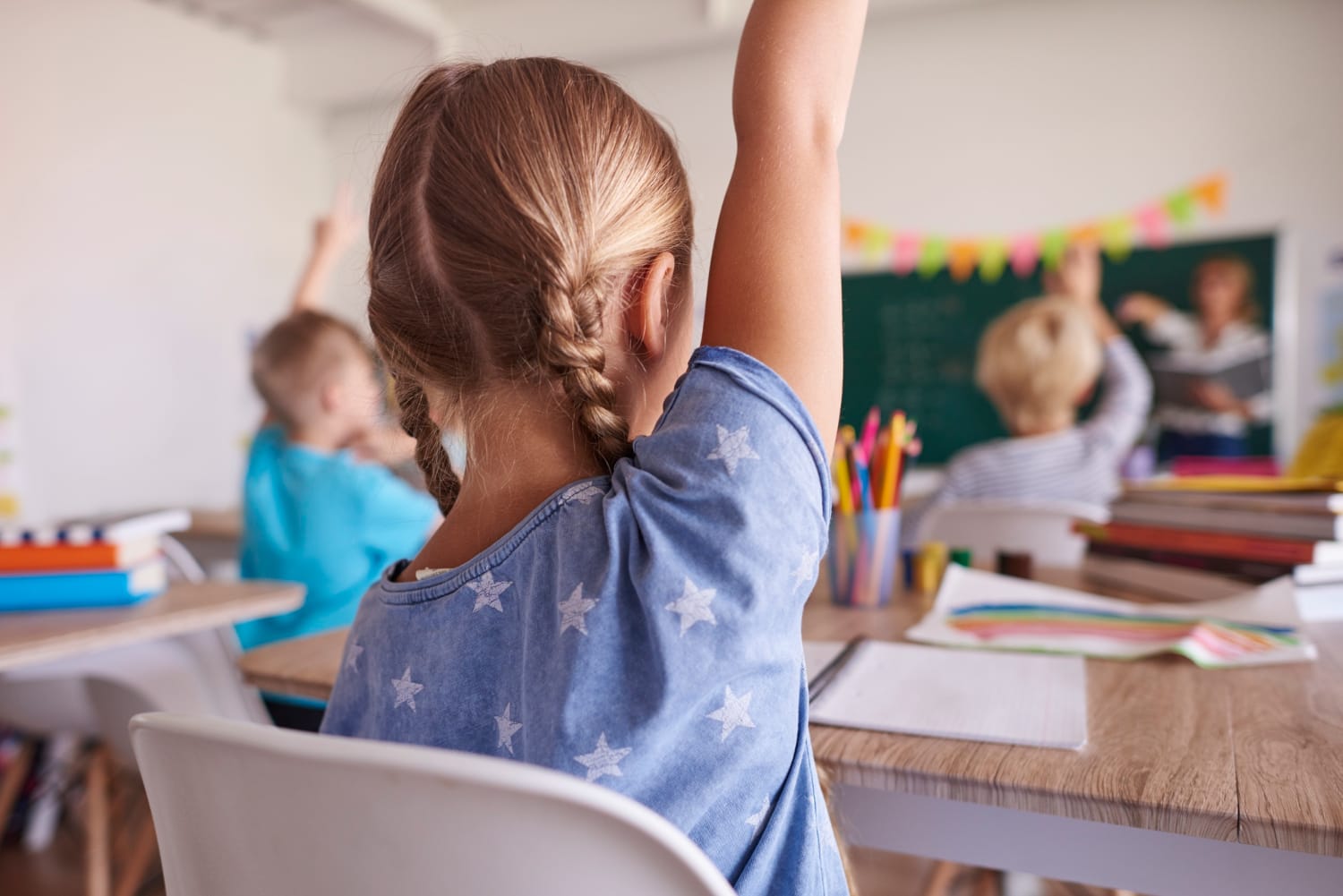
Higher-order thinking skills: how to create an agile mind
Are you familiar with Bloom’s taxonomy? It was created to help educators design curricula but it also helps us at home when we play with our children.



